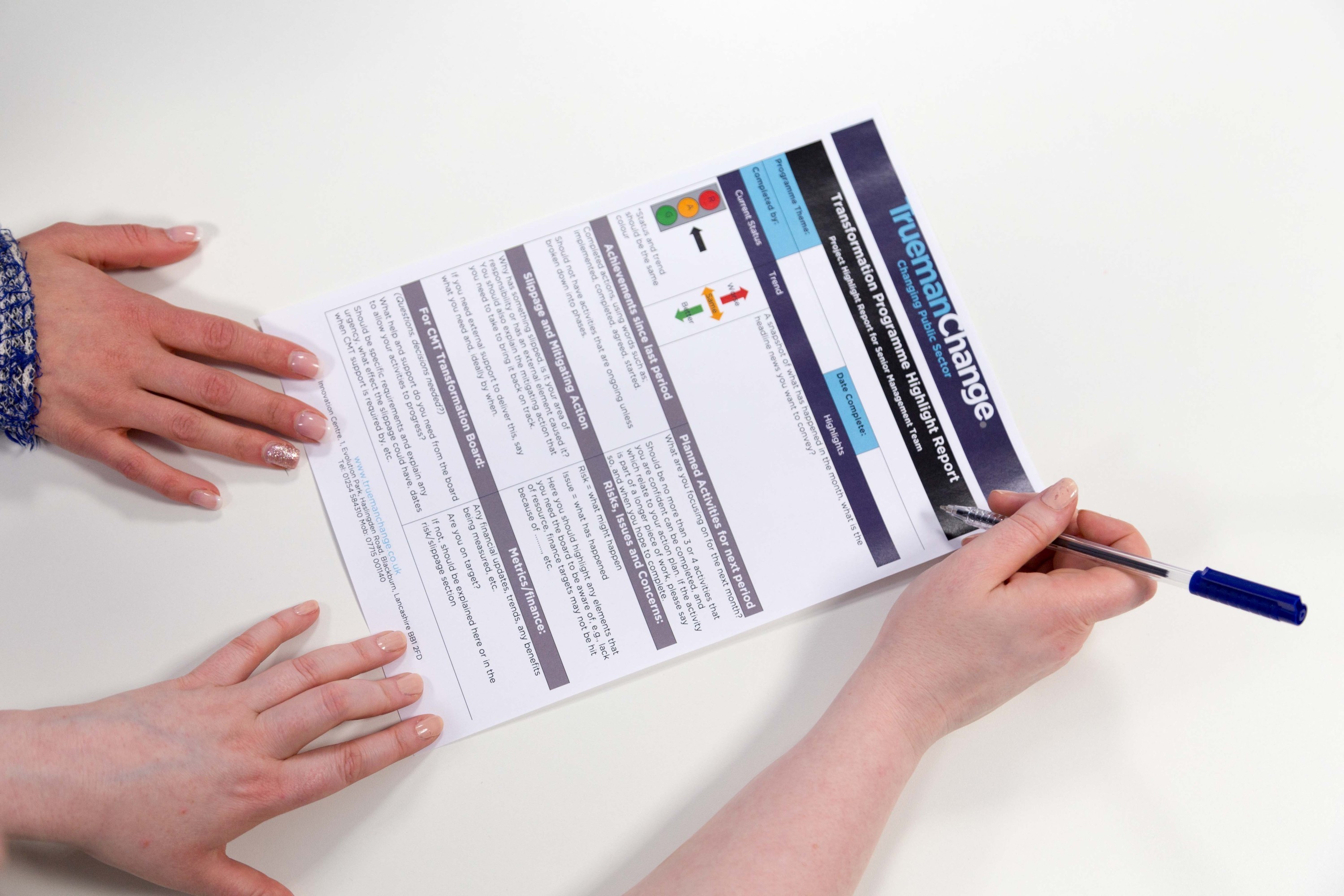Background and Challenges
We had the wonderful opportunity to actively contribute to the development of Birmingham's new arts and culture strategy for 2023-2030, known as ‘Creatively Birmingham.’ The council expressed their commitment to embracing the opinions of Birmingham's diverse communities and sought to ensure that the voices of all residents, including those from underrepresented and silent communities were actively heard and integrated into the strategy. To achieve this, we embarked on a comprehensive research project that involved engaging extensively with the community and collaborating with stakeholders. This collaborative effort brought together a wealth of information to inform the creation of a new arts and culture strategy that truly reflects the vibrant spirit of the city.
The project faced several challenges throughout its execution. One significant challenge was the scale of planning required to accommodate the diverse range of focus groups and venues across the city. Therefore, we had to be flexible and adaptable in organising the sessions based on the availability and preferences of the different community groups. Additionally, the team had to overcome the impact of the COVID-19 pandemic, which affected continuity and planning due to team members unfortunately falling ill.
Another challenge was the extensive task of preparing and delivering 22 reports, including individual reports for each focus group and an overview report summarising the findings and recommendations. Our team utilised project tracking tools and communication with the client to manage progress and ensure the timely completion of reports. Despite these challenges, the team successfully delivered the reports and presented valuable insights otherwise not available to Birmingham City Council.

Trueman Change Involvement
We conducted a series of 21 focus groups held within various communities across Birmingham. The groups represented a wide range of demographic and cultural backgrounds, including ethnic communities such as South Asian, African Caribbean, Chinese, Korean, Vietnamese, and Central & Eastern European communities. Additionally, we engaged with other groups, including carers, individuals with learning disabilities, sensory impairments, and physical impairments, as well as adults over 65 and over 80, and people not in employment. Faith communities, including Muslim, Sikh, Hindu, Christian, and Jewish, were also included in the engagement process. Furthermore, we reached out to spatial communities of place in different geographical areas of the city, such as North, South, East, West, and Central Birmingham.
We loved their enthusiasm, were blown away by their engagement and most importantly we have made sure everyone’s voices have been heard for such an important strategy. Our team meticulously followed a well-structured project plan, which encompassed various key stages to ensure the success of the engagement process. These stages included representation and input from all stakeholders, identification of stakeholder needs, agreement on mutual objectives, identification of project outcomes, discussion and agreement on Key Performance Indicators (KPIs) and reporting methods, and identification of key risks. To support these efforts, an in-depth communication plan and a robust stakeholder engagement plan was developed. Co-design workshops were organised to gain insights into Birmingham City Council's priorities, challenges, and communication style. A timetable of review meetings was established, facilitating regular discussions on project progress.
Outcomes and Solutions
One of the core outcomes of our research was giving a platform for those Seldom Heard voices in the city. By collating demographic data and ensuring the participation of underrepresented groups, provided information that will help shape a strategy that truly reflects the diversity of Birmingham's people, communities, businesses, and organisations. Our recommendations also shed light on areas where arts and culture engagement can be enhanced, providing insights on best practices, expansion opportunities, and improved accessibility.
Our research identified strategic priorities and provisions that align with the desires and needs of the community. The recommendations we put forth will guide the Council in setting clear objectives and fostering collaborations to strengthen arts and culture initiatives. We emphasised the importance of ongoing partnerships with community groups, faith organisations, and social enterprises to ensure a collective effort in delivering meaningful and impactful projects.
Added Value
In addition to our core contributions, we provided significant added value to this project. While delivering the 21 individual focus group reports, we recognised the importance of identifying common themes that emerged across the target groups. As an extra deliverable, we voluntarily produced an additional overview report that provided a thematic analysis of these shared themes.
By highlighting these common threads, we offered a holistic understanding of the overarching aspirations and concerns of Birmingham's diverse communities. This additional report served as a valuable resource, enabling the client to gain a deeper understanding of the collective vision and needs of the community, beyond the specific focus groups.


